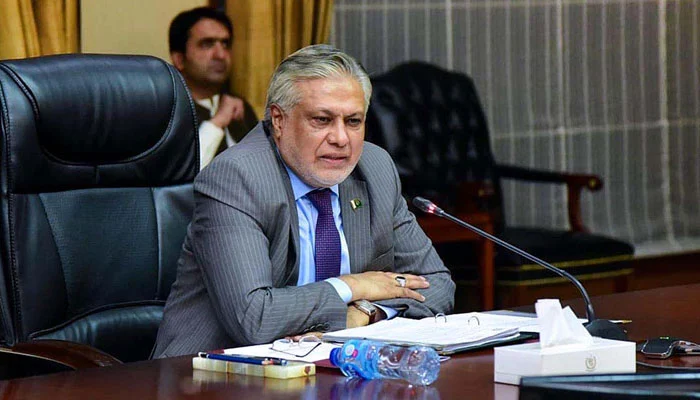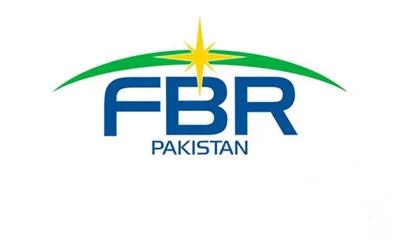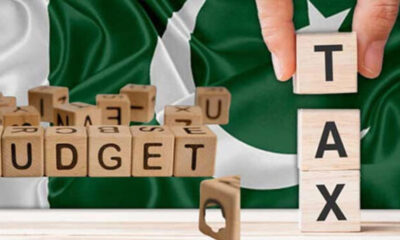- Sources says govt considering slapping fixed tax rate between 50%- 70%.
- Govt determining exact levels of profits extracted through recent currency manipulation by banks.
- Officials working on proposal studied Windfall Tax imposed by UK, Austria, Italy, Australia and other countries.
ISLAMABAD: The government is considering slapping a Windfall Tax on the profits of the banking sector in the range of 50% to 70% similar to the one used in the West, which imposed the same tax on energy companies, reported The News on Friday.
“Different proposals are under consideration for imposing the Windfall Tax on profits earned by the banking sector. A fixed tax rate from 50% to 70% is expected to be slapped for getting revenues out of the lofty profits earned by the banks,” officials, who spoke on the condition of anonymity, told the publication.
However, sources in the Federal Board of Revenue (FBR) said that the proposal is yet to be approved by the government though Finance Minister Ishaq Dar had hinted in his press briefing on Wednesday that the government would move ahead with the Windfall Tax on the banking sector.
The government is ascertaining the exact levels of windfall profits extracted by the banking sector through recent currency manipulation. The policymakers may slap a tax at a rate whereby there is no threat of choking the banking sector.
The tax officials who are working on this proposal studied the Windfall Tax imposed by the United Kingdom, Austria, Italy, Australia and other countries whereby the energy companies had earned lofty profits in the aftermath of Russia-Ukraine war, so the respective governments had imposed the Windfall Tax to generate revenue. Even the Biden administration in the USA had threatened to impose Windfall Tax.
The recent energy crisis across Europe as a result of COVID-19, poor market decisions and the Ukraine war have pushed energy prices to all-time high.
Countries across Europe were moving to build up reserves in the face of restricted gas supplies to minimise the effects of a cold winter. At the same time, some governments were even considering country-wide blackouts and energy rationing to ensure that, at the very least, there was enough gas to heat homes.
“The government expects that in case of imposition of 50% to 70% fixed tax rate on lofty bank profits, the government can fetch Rs25 to Rs35 billion revenue generation,” said one official.
On the proposed Flood Levy, the government might grant an exemption on import of basic food items and raw materials of essential or life-saving drugs.
The levy could be in the range of 1% to 3% on all other imported items. It is estimated that the government can fetch Rs60 billion in the remaining six months of the current fiscal year 2022-23.
Sources said the government will prefer the Flood Levy because it will not become a part of the Federal Divisible Pool (FDP) under the NFC Award for distribution among the provinces, so the collected money will only be used by the federal government.
On the other hand, the FBR seeks to meet the annual tax collection target of Rs7,470 billion for the current fiscal year and has so far collected Rs3,428 billion in the first six months (July-Dec) period.
Now the tax authorities will have to collect Rs4,042 billion for materialising the desired tax collection target till June 30, 2022.

 Business3 days ago
Business3 days ago
 Business3 days ago
Business3 days ago
 Business3 days ago
Business3 days ago
 Latest News3 days ago
Latest News3 days ago
 Latest News3 days ago
Latest News3 days ago
 Business3 days ago
Business3 days ago
 Business3 days ago
Business3 days ago
 Latest News3 days ago
Latest News3 days ago



















